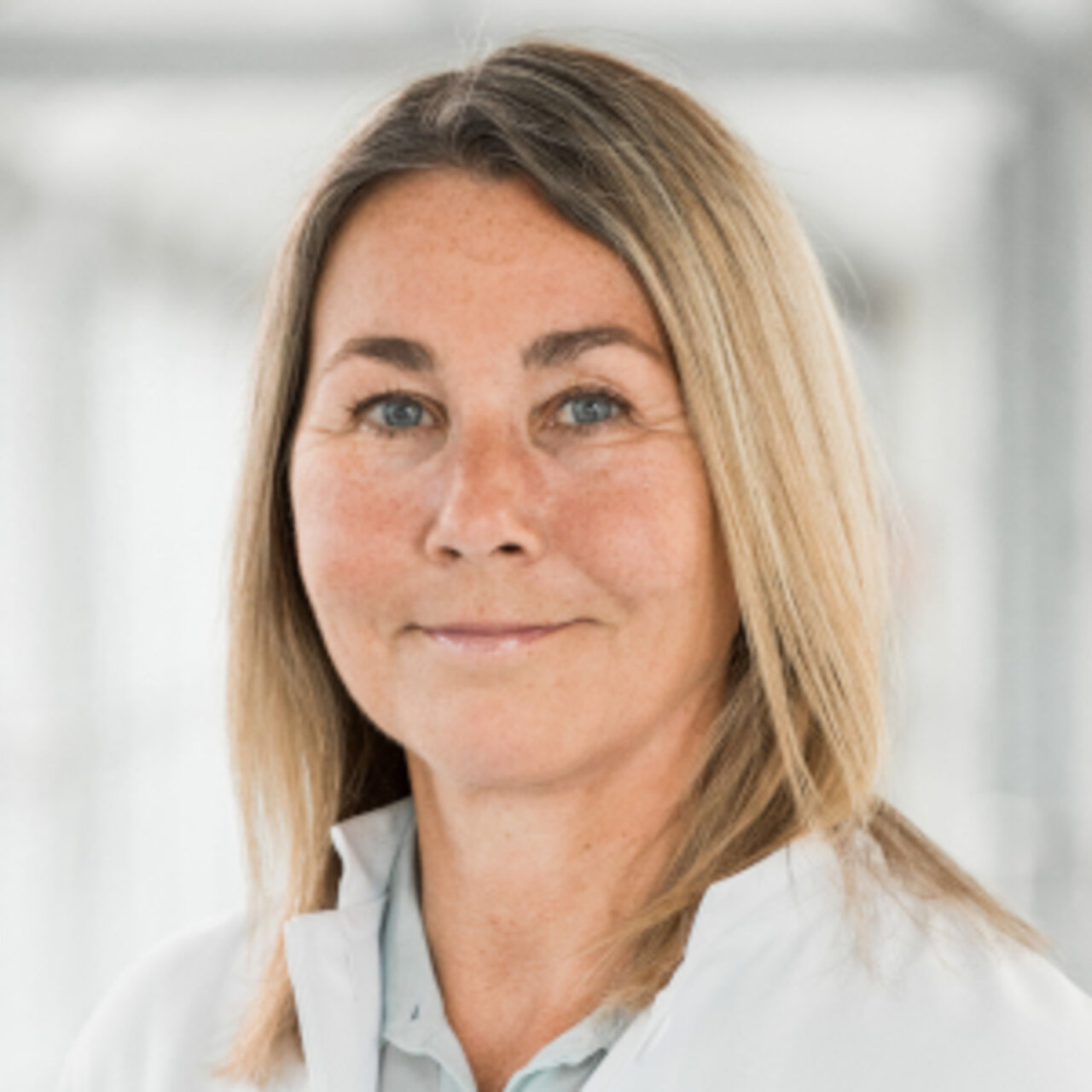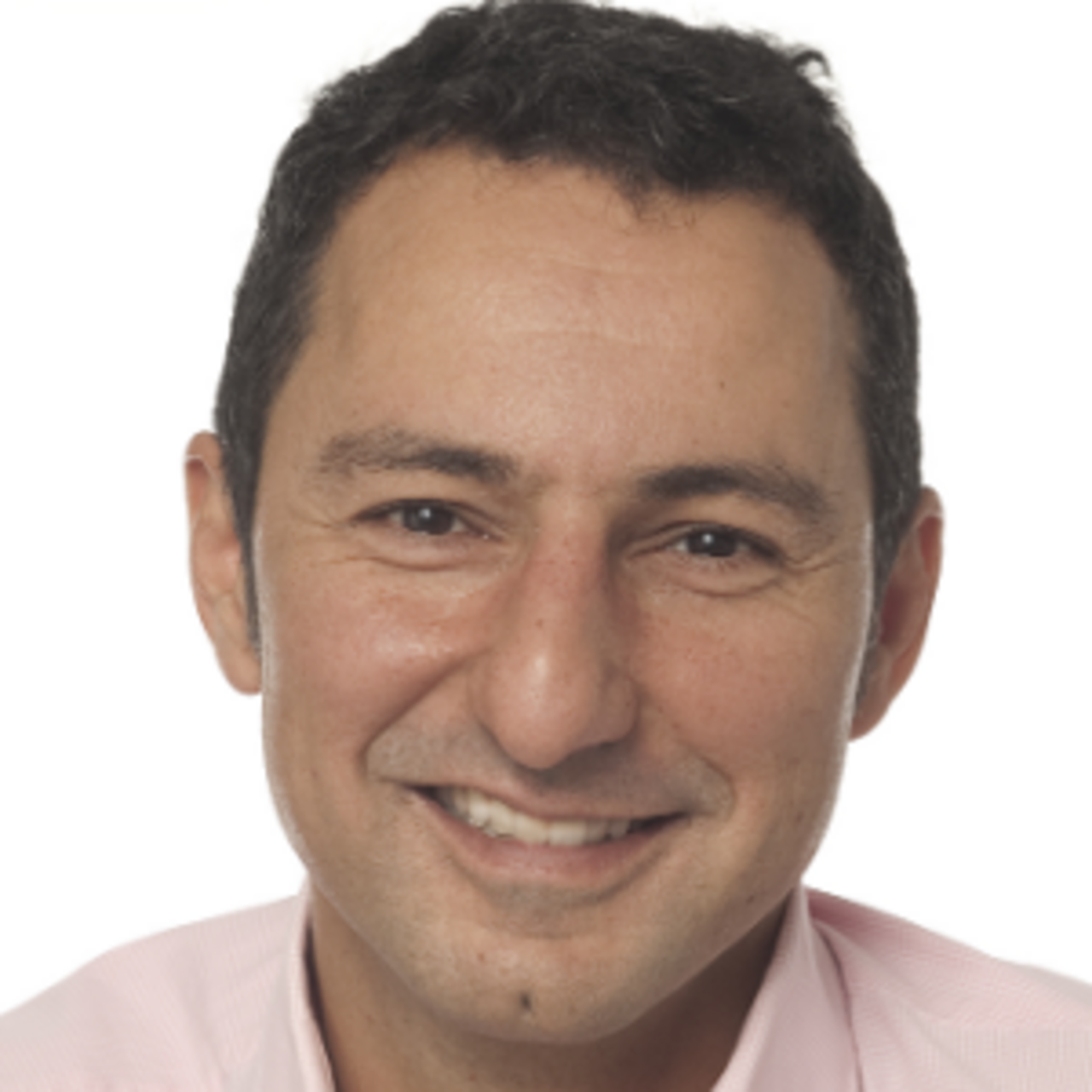Specialists in Thyroid Nodules
8 Specialists found
Information About the Field of Thyroid Nodules
What Is a Thyroid Nodule?
Thyroid nodules are separate areas in the thyroid gland, where the organ's cells multiply or even enlarge. Thyroid nodules should not be confused with a goiter, in which the entire organ tissue is enlarged.
Hot and Cold Thyroid Nodules
A distinction is made between "hot" and "cold" nodules, although this has nothing to do with temperature. Instead, it has to do with the activity of the nodes concerning hormone synthesis. Not all thyroid nodules secrete more T3, T4, and calcitonin hormones. A hot nodule is present if the altered area synthesizes more hormones than normal thyroid tissue. If fewer or no hormones are produced compared to normal tissue, it is called a cold nodule. The causes of such nodules are varied. The most common reasons are:
- Benign neoplasms
- Cysts
- Malignant neoplasms
- Metastases of other malignant cancers
The most common cause of thyroid nodules in Germany is iodine deficiency. When dietary iodine intake is low, the thyroid gland secretes growth factors, so that thyroid cells proliferate. In addition, iodine deficiency causes fewer thyroid hormones to be synthesized, so inhibition of the pituitary gland is eliminated. As a result, the pituitary gland secretes a hormone called thyroid-stimulating hormone (TSH) that boosts thyroid hormone production and supports thyroid tissue growth.
Due to the increased level of TSH in the blood after iodine deficiency, thyroid cells enlarge and multiply. This results in a benign neoplasm called an adenoma. Malignant neoplasms are sporadic; in less than one percent of cases, a carcinoma is behind the thyroid nodule.
What Are the First Symptoms of a Thyroid Nodule?
Thyroid nodules can progress with their growth until they produce specific symptoms due to displacement, for example, problems with swallowing, hoarseness, or a feeling of pressure in the throat area. In addition, the thyroid nodules may be sensitive to pressure. However, thyroid nodules usually grow very slowly, often discovered as incidental findings during routine examinations.
A hot nodule can cause discomfort due to increased hormone production. The symptoms are similar to those of hyperthyroidism, which are, among others,
- Excessive sweating
- Weight loss
- Protruding eyeballs
- Hot flashes
- Restlessness
- High blood pressure
How Are Thyroid Nodules Treated?
When a small benign thyroid nodule is diagnosed, acute therapy is unnecessary. However, it is recommended to have the nodule checked regularly by the general practitioner or thyroid specialist.
In principle, there are three treatment methods:
- Surgical removal (resection)
- Radioiodine therapy
- Drug treatment
The surgeon removes either the entire thyroid gland, only one lobe of the thyroid gland, or only the entire thyroid nodule during surgery. The surgery is usually carried out laparoscopically, as better and faster wound healing benefits the patient afterward. Surgery is indicated when there is a strong suspicion of a malignant neoplasm or severely enlarged thyroid gland.
In radioiodine therapy, the patient is administered radioactive iodine intravenously. The iodine accumulates in the thyroid gland, especially in metabolically active thyroid cells, and destroys them. Radioiodine therapy is used for benign hot thyroid nodules. This type of therapy is not helpful for cold nodules since thyroid tissue that does not produce hormones does not absorb radioactive iodine.
In contrast, the third option, a therapy with medication, is only used for cold nodules. In this case, the patient is given thyroid hormones in tablet form, which inhibit the pituitary gland. This causes the pituitary gland to secrete less TSH so that the growth of thyroid tissue is no longer promoted.
When Is a Thyroid Nodule Removed?
A thyroid nodule is treated in the following scenarios:
- Malignant neoplasm
- Hormone-producing
- Causing symptoms due to pressure
How Can it Be Prevented?
A diet rich in iodine can prevent thyroid nodules under certain circumstances. Since southern Germany, in particular, is one of the iodine-deficient areas, it is recommended to ensure an adequate iodine supply actively. The easiest way to achieve this is to use iodized table salt for cooking and seasoning.
Which Doctors and Clinics Are Specialized in Thyroid Nodules?
The diagnosis of thyroid nodules by scintigraphy is in the hands of nuclear medicine specialists. The diagnosis is made in an outpatient setting by a nuclear medicine specialist, in private practice, or the outpatient thyroid consultation hours of the nuclear department in hospitals. If radioiodine therapy proves necessary, the patient remains under the care of nuclear medicine specialists. If the nodule has to be surgically removed, the patient is referred to an endocrine surgeon. If drug treatment is considered, internists are responsible. This can either be a general internist or endocrinologist.
We will help you find an expert for your condition. All listed physicians and clinics have been reviewed by us for their outstanding specialization in thyroid nodules and are awaiting your inquiry or treatment request.
Sources:
Seitz, Klinische Sonographie und sonographische Differenzialdiagnose, Thieme
Herold et al., Innere Medizin, Eigenverlag
Flasnoecker (Hrsg.), TIM, Thieme's Innere Medizin, Thieme







